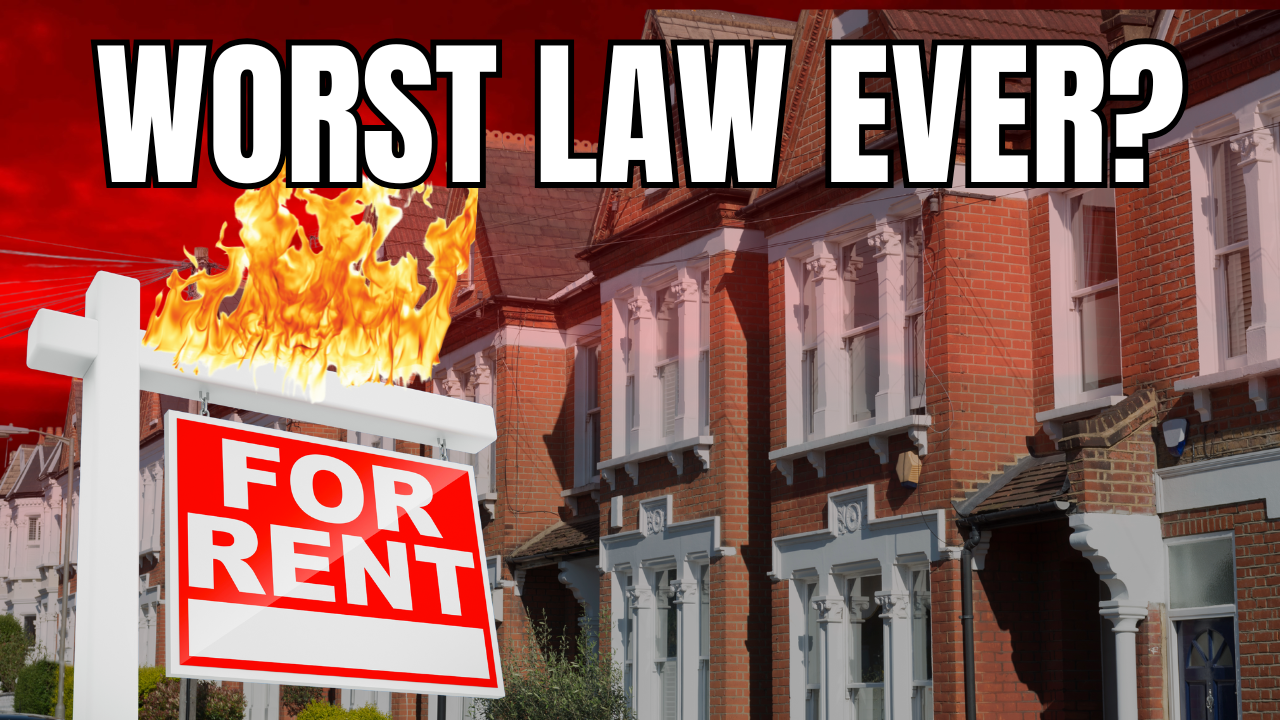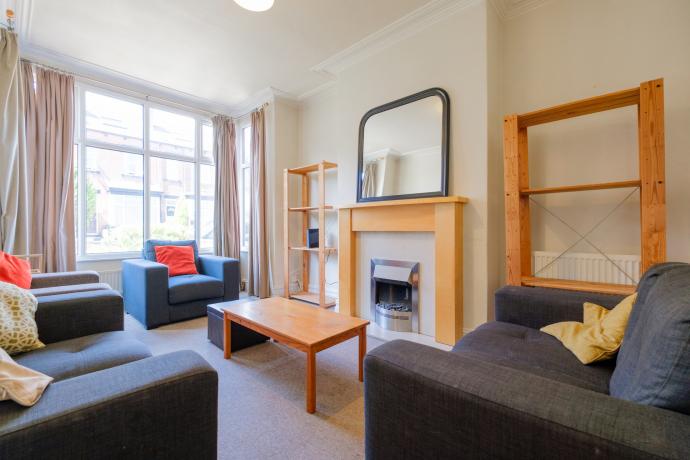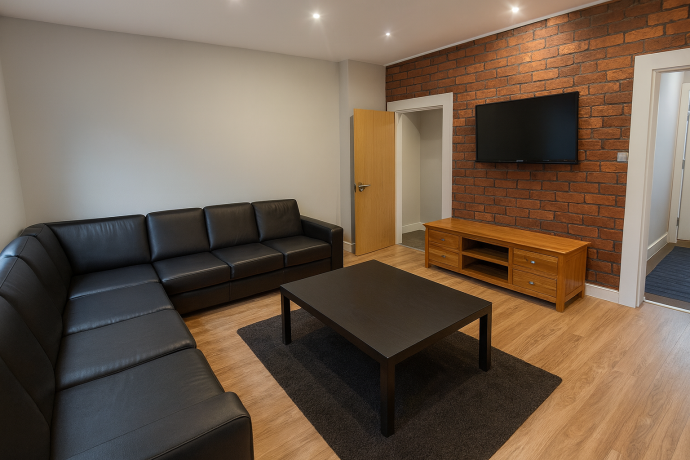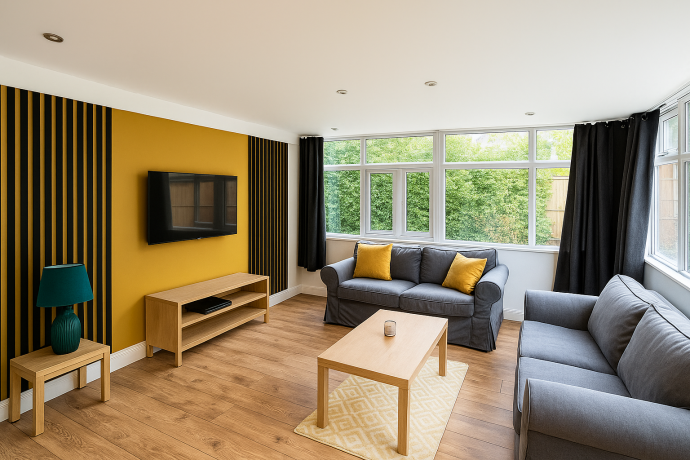
If you want to be certain that the existing use of your House of Multiple Occupancy (HMO) is lawful for planning purposes, you should apply for a 'Lawful Development Certificate' (LDC).
This is becoming increasingly important in towns and cities where Article 4 directive has been put in place by the local planning authority.
Article 4 of the Town and Country Planning Act 1990 restricts a property owner's permitted development rights to switch between planning use classes without first getting planning permission from the local authority.
The tenant base of HMO's are usually students or young working professionals. These types of tenants are attractive to landlords and investors because rent can be charged by the room, as opposed to per property, meaning the revenue generated from an HMO would be far higher than if the same property were rented to a family. This can lead to a dwindling supply of housing to rent for families because investors buy up properties to convert them into HMOs.
The purpose of Article 4 is therefore to control works that could threaten the character of an area. In this case, restricting the number of houses that can be turned into HMOs.
This means if you want to rent a property as an HMO in an Article 4 area you need to prove you have the right to do so by presenting unbroken tenancy history showing HMO use since the date Article 4 was introduced. In Leeds this was February 2012.
today, a lot more lenders are now insisting on having an LDC in place before lending.
So why is this important now? Well, in recent years if a landlord was remortgaging or selling the property, all he needed to do to prove compliance with Article 4 was show signed tenancy agreements confirming HMO use.
However, today a lot more lenders are now insisting on having LDC in place before lending.
So, if you want access to the best rates and lending products, and not come up against any issues or time delays when selling, contact your local council now and start the process of applying for a LDC.
The application must provide sufficient information for the council to decide the application or else it may be refused. This will usually include the submission of signed copies of tenancy agreements backdated to when Article 4 was introduced and you should be prepared to be able to explain away any void periods, for example if the property was being refurbished.
Most councils allow you to submit these documents online for a fee. In Leeds this is around £500.00.
It is not compulsory to have an LDC but there may be times in the future when you need one to confirm that the use, operation, or activity named in it is lawful for planning control purposes.
Often the issues involved in LDCs are complex and if you decide you need to apply for a certificate you might benefit by obtaining professional advice.
Central Properties have successfully obtained LDC's for many of our landlords. If this is something you would be interested in finding more information about please do not hesitate to contact us.

















